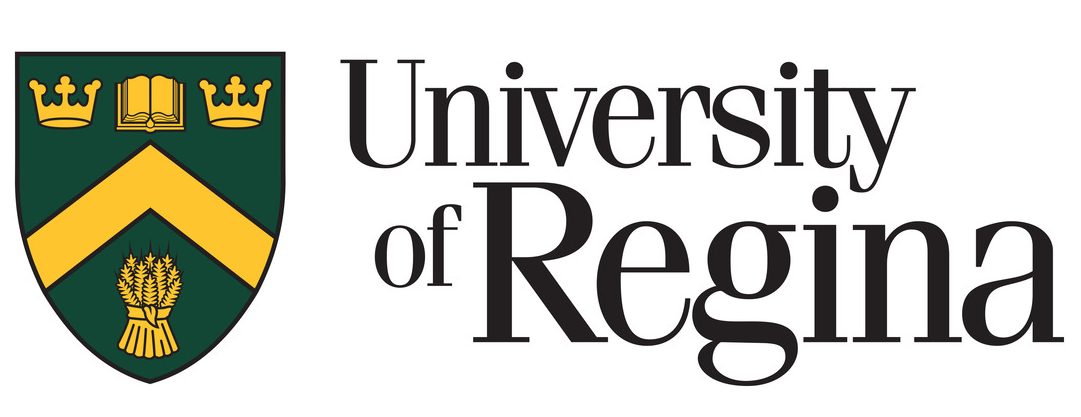
This checklist helps instructors to provide students with the structure they need to maintain academic integrity. It has three sections:
- syllabus design
- recommended actions throughout the instructional process
- course assignments and assessments.
Course Syllabus
It is essential to highlight why academic integrity is important and what you expect of students with respect to maintaining academic integrity in your class. This may be achieved by including the items listed below in your course syllabus.
- The most relevant section of the University’s Student Academic Conduct Policy (Academic Calendar)
- Information on resources that teach students how to cite sources properly in the required citation format (e.g., APA, MLA, Chicago etc.). The University library’s libguides is a good resource in this regard.
- Information on resources that educate students on how to avoid plagiarism (e.g., University Student Success Centre’s Writing Resource page)
- Clear guidelines that explain what your expectations are concerning academic integrity in the course assignments as well as any course-specific policy (such as group projects; grade assignment for group projects; and collaboration with other students on assignments.) Please note that the course-specific policy must be in alignment with the University policy on student academic conduct as outlined in the Undergraduate and Graduate Academic Calendars.
- Clearly specify the assignment submission format. E.g., are students allowed to submit multiple versions and receive feedback?
- Structure your assignments so that students are incentivized to begin preparing early on in the course; for example, you may ask students to submit a proposal, and then, an annotated bibliography, which are worth a certain portion of the assignment grade.
- In case you are planning to use a plagiarism detection software such as Turnitin, provide students with a description of the software and a link to the software site that provides information on what this tool is and how it is used. Please note Turnitin is the only plagiarism detection software approved by the University at this time.
- If you decide to allow students to test their assignments using plagiarism detection software before final submission, provide them with a resource that explains how to read the originality report generated by the software that highlights any detected plagiarism (if applicable).
Teaching the Course
- On the first day you meet your class, you should go over the syllabus and the academic integrity policy with your students.
- Remind students about academic integrity regularly and refer to the relevant resources in your class and communicate with students before each major assignment.
- In case you plan to use Turnitin, it is important to demonstrate to your students how the software will be used and how you will read the originality reports generated by the software. This will prevent misunderstandings between yourself and the students regarding what the originality report indicates.
- Model the principle of academic integrity by providing proper citations in your lectures and teaching materials.
- Show examples in class of past papers that used sources appropriately or inappropriately or that were clearly plagiarized (make sure to remove any personal information such as names, student IDs, or any information that may be used to identify the author).
- You may ask your students to sign a pledge that they observed the principles of academic honesty when completing their assignment.
- Assist students in finding appropriate materials (or at least in identifying materials that are inappropriate or an insufficient basis for writing a paper or completing a project) and refer them to the university resources that may help them such as the University library and the Writing Centre at the Student Success Centre.
- Make students aware that you are familiar with various ways of cheating on assignments and exams, including online sites that help students cheat.
Course Assessment and Assignments
- Make sure that students have adequate opportunities for assessing their weaknesses and strengths in the course early in the semester.
- Include a variety of low stake assignments with small weights and limit the high-stake assignments accounting for a large percentage of the final grade. High-stake assignments often create incentives to cheat.
- Provide students with opportunities to practice on a particular type of assignment or assignment format before asking them to complete that type of assignment carrying a significant weight (e.g., multiple-choice exams vs. long essay exams).
- Use different essay / project topics or exam questions when you teach the class again.
- Set assignment questions / topics that encourage students to formulate their own ideas and provide some original input rather than just synthesize or summarize existing information.
- Allow students the opportunity to resubmit their essay / project assignments after getting feedback from you. The practice of “submit and resubmit” is usually time-consuming, but it provides students with an important opportunity to learn from mistakes and lowers the stakes attached to the assignment.
- In an exam setting, make sure there are a sufficient number of exam invigilators especially for high stake exams held in big classes. Consult the University’s Exam Invigilation Guide.
- Create multiple versions of an exam by changing the order of questions and distribute the different versions to students sitting next to each other. You may also use a seating plan in conjunction with different versions of the exam.
- Make sure students are escorted for washroom breaks. Record the name of the student, time in, time out, and only allow one student out of the classroom at a time.
- Review the University exam regulations with your students and observe all applicable ones during both midterm and final exams (Exam Invigilation Guide for Exams in Classrooms).
- It is highly recommended that you and your teaching assistants attend one of the exam invigilation workshops delivered annually by the Registrar.
This document is adapted from “Recommendations for Course Instructors: Preventing and Deterring Academic Misconduct” prepared by AVP (Academic) Dr. Nilgün Önder in consultation with the Associate Deans (Academic) Group (2019).
